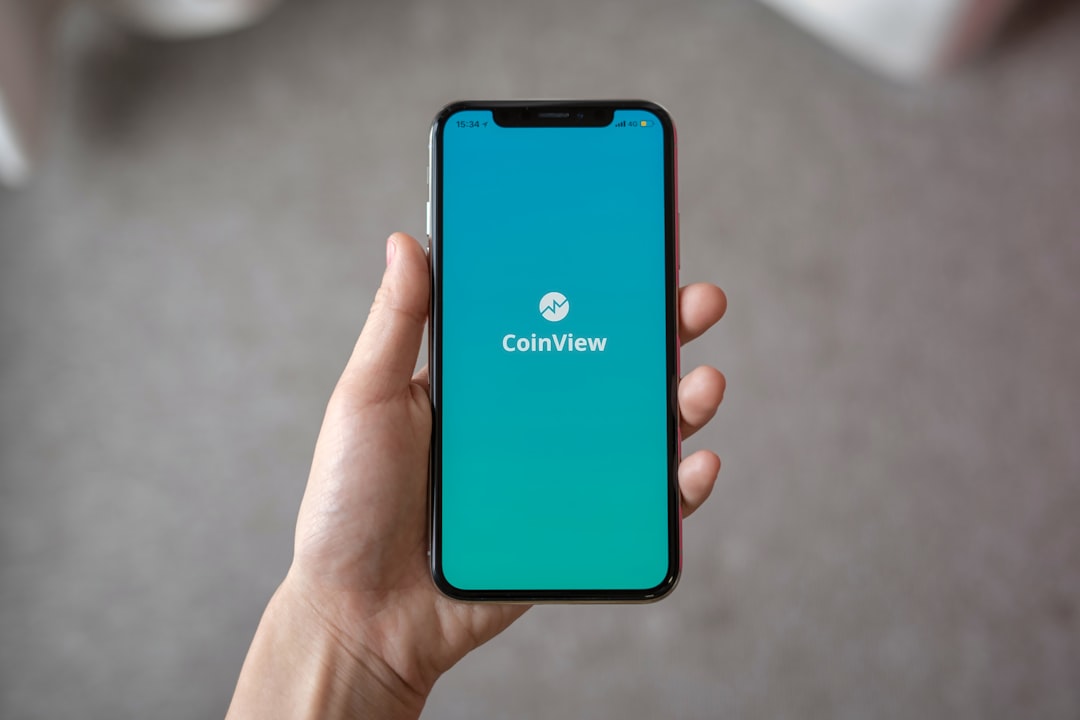In Alabama, third-party debt collection is governed by state laws, including the Fair Debt Collection Practices Act (FDCPA) and the Alabama Debt Collection Act, which protect consumers from abusive tactics. Debt collector lawyers play a vital role by navigating these regulations, ensuring fair communication, debt validation, and respect for personal boundaries. Consumers have rights to fight deceptive practices, request validation, and demand written communication. Debt collectors must adhere to strict rules against violence, lies, harassment, and unauthorized fees; violations result in damages. If facing debt collection issues, consulting a debt collector lawyer in Alabama is crucial for protecting your rights and navigating legal resolutions.
In Alabama, understanding the laws surrounding third-party debt collection is crucial for both consumers and debtors. This article serves as a comprehensive guide to navigating the legal framework that governs debt collectors in the state. We’ll explore consumer rights, prohibited practices, and key regulations, providing insights to ensure fair interactions with debt collectors. If you’re facing debt collection issues or seeking advice from a debt collector lawyer in Alabama, this resource offers valuable information to protect your rights.
Understanding Third-Party Debt Collection in Alabama

In Alabama, third-party debt collection is a process where original creditors hire specialized agencies or individuals, known as debt collectors, to recover outstanding debts from borrowers. This practice is regulated by state laws designed to protect consumers’ rights while ensuring fair and legal collection methods. A debt collector lawyer in Alabama plays a vital role in navigating these regulations, ensuring that both debtors and creditors adhere to the law.
Understanding the legal framework surrounding third-party debt collection is crucial for anyone facing such situations. Alabama’s laws mandate that debt collectors adhere to specific guidelines, including fair and honest communication, validation of debts, and respect for personal boundaries. A debt collector lawyer can help interpret these regulations, guide clients through the process, and advocate for their rights, ensuring a just and legal resolution to debt collection matters.
Legal Framework for Debt Collectors in the State

In Alabama, the legal framework for debt collectors is governed by both state and federal laws, ensuring a structured approach to debt recovery practices. The Fair Debt Collection Practices Act (FDCPA) sets national standards, prohibiting abusive, unfair, or deceptive acts by debt collectors. This includes restrictions on when and how they can contact consumers, requiring validation of debts, and mandating fair disclosure of collection activities.
Alabama has its own regulations, such as the Alabama Debt Collection Act, which provides additional protections for consumers. This act outlines specific guidelines for debt collector lawyers in Alabama, including licensing requirements, collection practices, and consumer rights. Understanding these laws is crucial for both debt collectors ensuring compliance and consumers knowing their rights when dealing with debt collector lawyers in Alabama.
Rights of Consumers and Debtors in Alabama

In Alabama, consumers and debtors have specific rights protected by law when dealing with third-party debt collectors. According to the Fair Debt Collection Practices Act (FDCPA), debt collectors must refrain from using abusive, false, or deceptive means in their attempts to collect a debt. This includes making harassing phone calls, using threatening language, or misrepresenting the amount owed. Consumers have the right to request validation of the debt, meaning the collector must provide proof that the debt is legitimate and outline the amount due.
Debtors can also place a dispute on the debt, which requires the collector to cease all collection efforts until the dispute is resolved. Additionally, Alabama law allows debtors to request that the collector contact them in writing, providing a record of communication. A debt collector lawyer in Alabama can help consumers understand and exercise these rights, ensuring fair treatment throughout the debt collection process.
Practices Prohibited by Alabama Law

In Alabama, debt collectors are bound by strict regulations to ensure fair and ethical practices. According to state law, third-party debt collectors cannot engage in certain prohibited actions. These include using violent or threatening language, lying about the debt amount, or attempting to collect interest or fees not permitted by the original loan agreement. Additionally, they are restricted from contacting debtors at inappropriate times or places, such as before 8 a.m. or after 9 p.m., and cannot harass or abuse the debtor in any manner.
Debt collector lawyers in Alabama emphasize that violators face significant consequences, including actual damages and attorney fees for the debtor. These laws are designed to protect consumers from aggressive collection tactics and ensure that debt collectors operate within legal boundaries. Understanding these prohibitions is crucial for both debtors and debt collectors alike to maintain compliance with Alabama’s consumer protection regulations.
When to Consult a Debt Collector Lawyer in Alabama

If you’re facing debt collection issues in Alabama, knowing when to consult a debt collector lawyer is crucial. A qualified attorney specializing in this area can offer invaluable guidance and protection under state laws governing third-party debt collectors. In Alabama, debt collectors must adhere to strict regulations outlined in the Fair Debt Collection Practices Act (FDCPA) and the Alabama Debt Collection Act. These laws are designed to safeguard consumers from aggressive or unfair practices.
If you experience repeated harassment, false claims, or threats from a debt collector, it’s time to reach out to a legal professional. A debt collector lawyer in Alabama can help you understand your rights, dispute inaccurate information on your credit reports, and ensure that debt collection agencies follow the law. They can also represent you if you face legal action related to debt collection, providing an essential defense against potential violations of your consumer rights.






